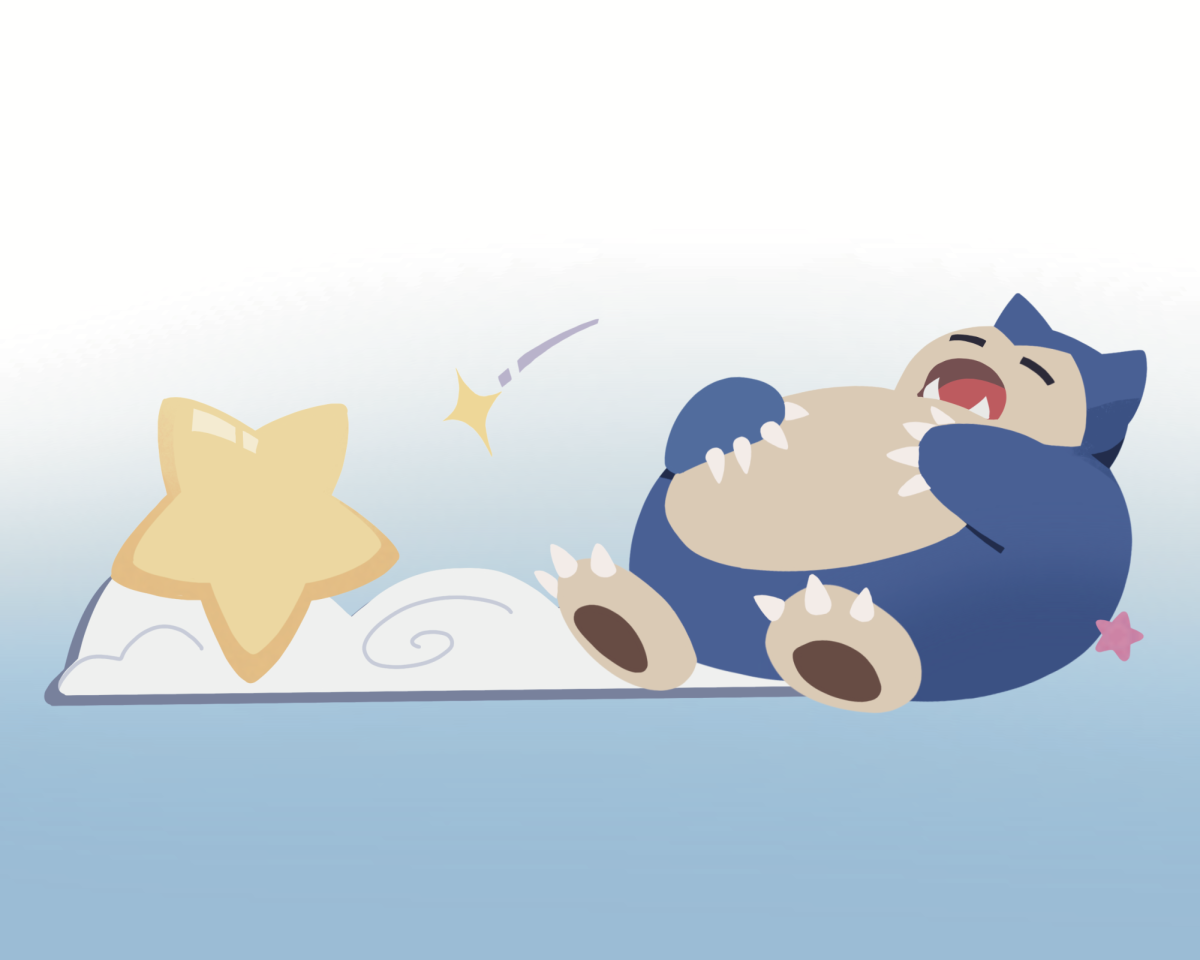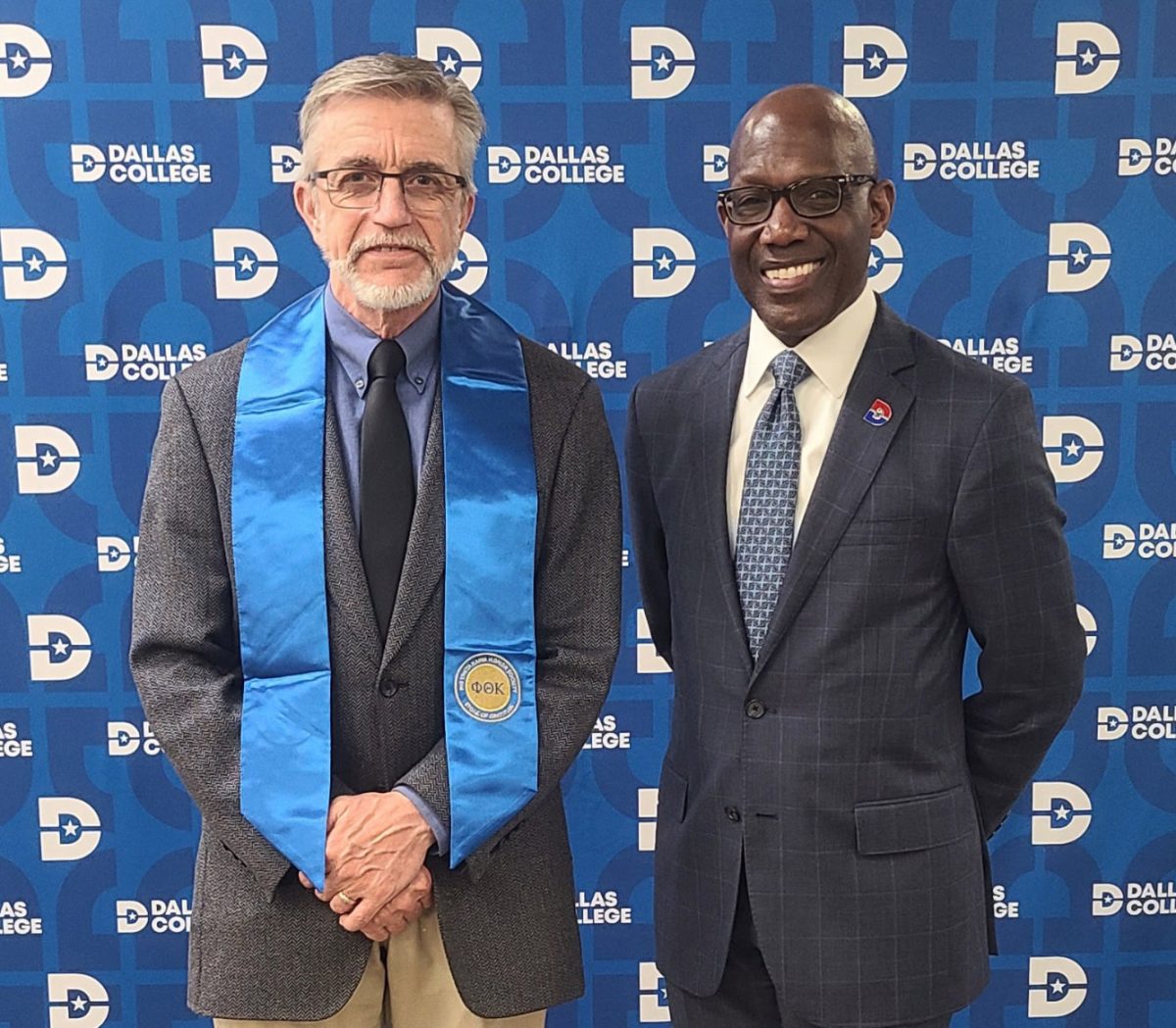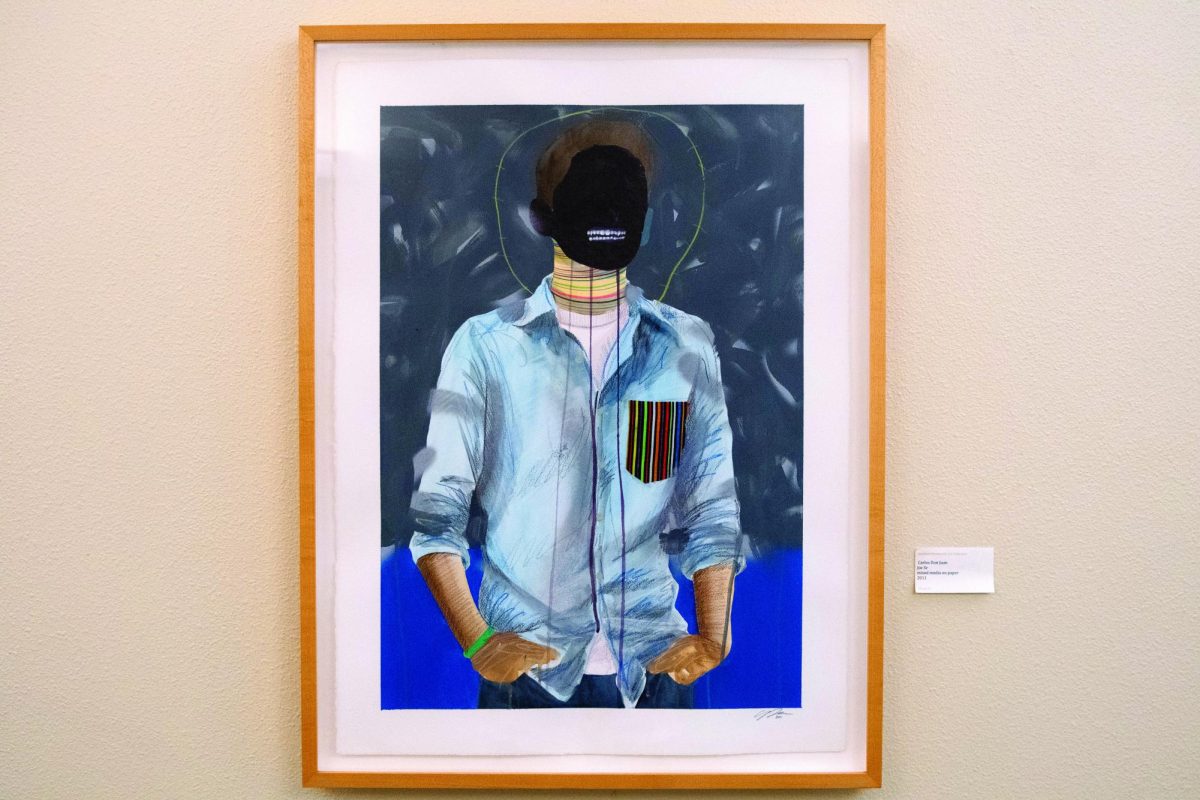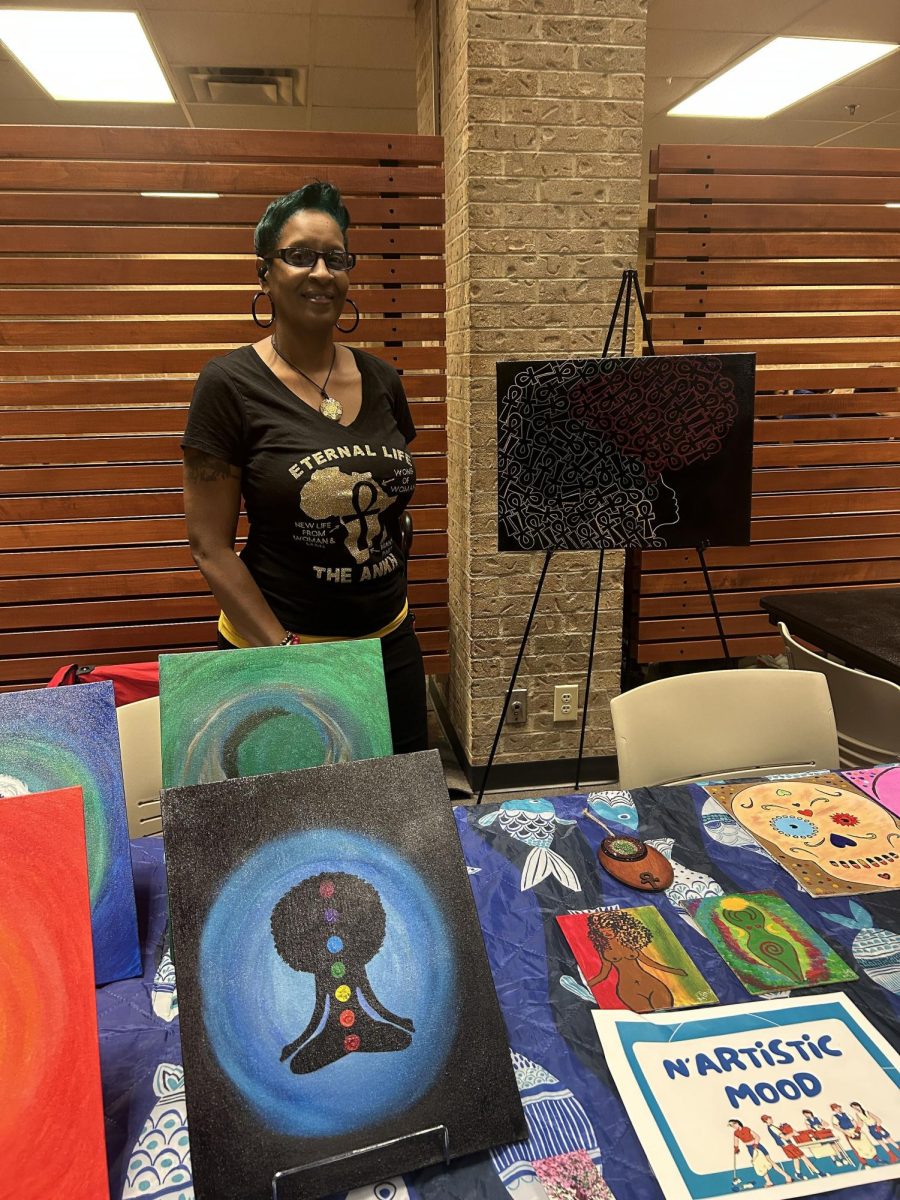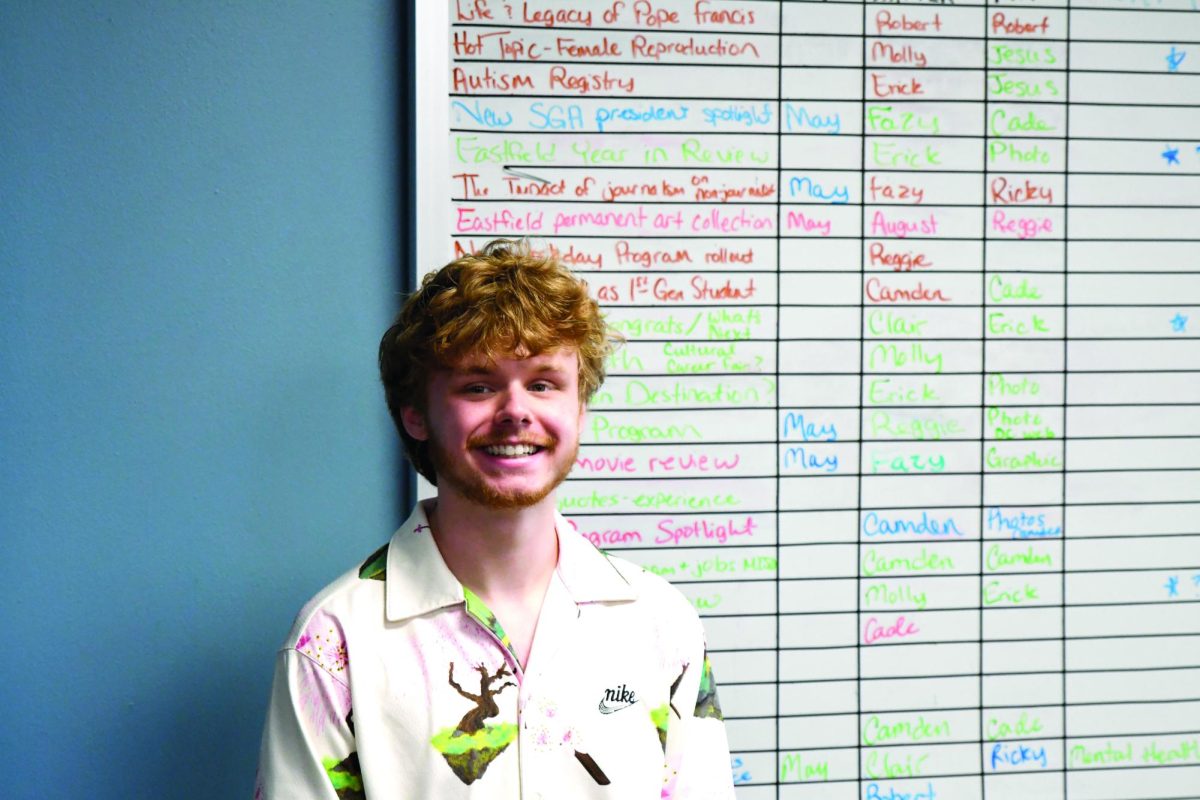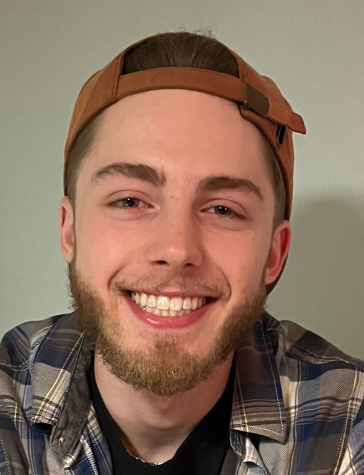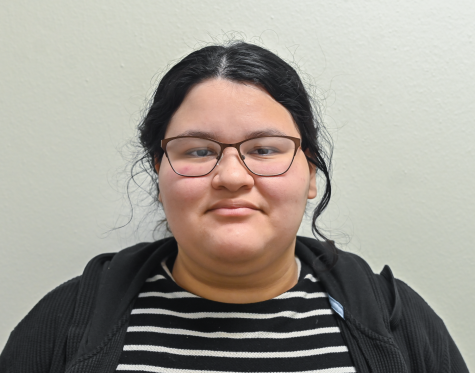For such a basic, crucial function that comes naturally to everyone, a lot of people struggle with getting the sleep that they need. Luckily, in today’s age, there’s an app for that.
According to the National Institute of Health, the average adult needs between 7 and 9 hours of sleep per night. This might not seem like a big ask, but about 1 in 3 adults in the United States don’t get enough sleep every day. With such a big portion of people staying sleepy, it’s no wonder that app developers are jumping on this ever-present problem.
A Journal of Adolescent Health study estimates that 60% of college students are poor sleepers, and the data from our campus would agree: Out of the 43 students surveyed, 24 of them claimed to get less than 7 hours of sleep a night on average and 30 of them said they didn’t feel like they were getting enough sleep. For something so easily given up, sleep is impossible to get back.
“They may think, ‘if I lose sleep now, I can catch up on the weekend or tomorrow,’” said student counselor Jaime Torrez. “No. We’d like to think we can do that, but really there is no catching up on a poor night’s sleep.”
So, with a better chance than a coinflip of being sleep-deprived as a student, beating the odds and hitting the hay can feel impossible. This is where tech can turn the tide.
Nintendo’s latest app, Pokemon Sleep, is a lighthearted and engaging way to promote healthier sleeping habits.
The app has users help Professor Neroli study Snorlax and their sleep patterns. Overnight, the app tracks both the length and quality of your sleep using the phone’s mic and accelerometer. Then upon waking, there’s a sleep report for the night and new Pokemon to catch. There are also rewards for users who meet their set bedtimes and Pokemon that require a certain amount of sleep hours logged before they’ll evolve to further promote healthy hibernation habits.
If that’s not your style, there are plenty of apps out now such as Calm, Headspace or even Apple’s native Health app to support your slumber. Many user reviews praise the guided meditation and sleep-sound features, but by far the best part is just seeing how long you slept last night.
Being able to see sleep data over several days helps highlight any issues and provides a good starting point for improvement. After my first week of using the app, I was shocked to see that I averaged only five and a half hours of sleep a night. Since then, with Snorlax’s help, I’ve brought my average up to just over seven hours a night.
This is something I’m quite proud of because I’ve always struggled with getting rest, and while the consequences of skimping on sleep might seem surface-level, puffy eyes and a slow start aren’t the half of it.
Sleep deprivation can lead to higher blood pressure, weight gain through a lowered metabolism and a lower antibody response to infection. Studies have also shown a link between a lack of sleep and an increased risk of depression, anxiety and lower emotional control. Perhaps the most detrimental for students, not getting enough sleep affects memory formation and retention, which the NIH concludes could result in an up to 40% decrease in the ability to retain knowledge.
“If I don’t get a good night’s sleep, I’m all jittery in the morning.” said business major Joel Martinez, one of the few students on campus who claimed to get an adequate amount of sleep. Boasting an impressive 8 to 9 hours a night, Martinez’s secret is his schedule.
“I just stay busy during the day,” Martinez said. “I go to the gym in the morning and work in the afternoon, so by the time I get home, I’m ready to crash. It just happens naturally when you stay busy.”
Oftentimes students have so much on their plates that it’s understandable they’d want to burn the candle at both ends. The National Center for Educational Statistics estimates that 43% of full-time and 81% of part-time students are employed. Balancing a job and the responsibilities of a student while still trying to maintain a social life can leave someone burnt out.
“I work the late shift, 5-11,” said Tomas Carreon, who is pursuing an associate of science. “I just wanna chill when I get home. Then I have classes in the morning and have to do it all over again.”
The less-justified sleep-stealers range from energy drinks and alcohol to poor sleep hygiene — the scheduling of sleep in a good, quiet sleep environment. It also stands to reason that in today’s tech-crazed world, while they can come to our aid, computers, phones and tablets are some of the biggest impediments to a good night of shuteye.
When used irresponsibly, these devices do more than just provide the temptation to watch one more episode or check the Instagram feed, they also bathe us in blue light. It may sound harmless, but blue light lowers the natural production of the body’s sleep hormone, melatonin, for twice as long as other light, per a Harvard study.
As students, it’s our responsibility to make sure that we’re set up to get the most out of our education. Whether it’s with the help of Pokemon or through your own persistence, improving sleep health is a crucial step to being a student.

